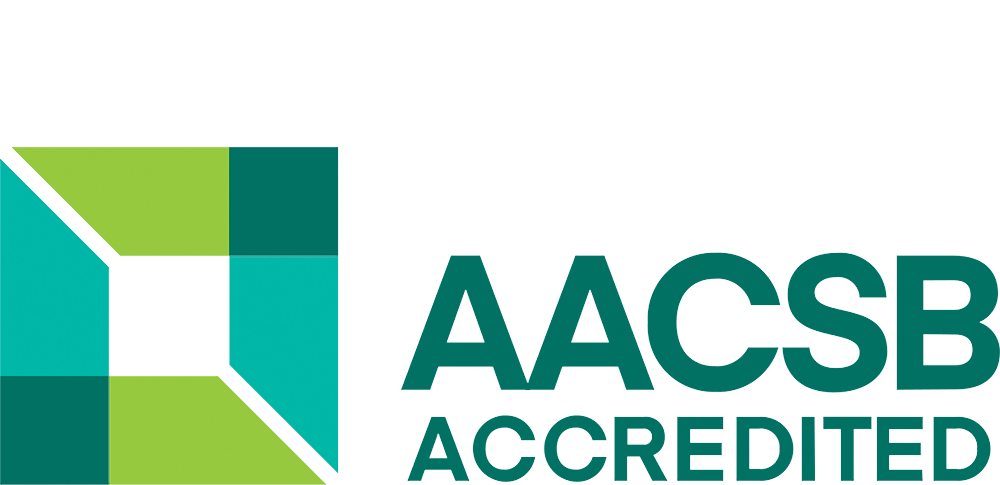Are you confused by the many reforms in vocational training? Find out how it has evolved over the years and what the law currently provides.
History of the various reforms of vocational training
- The National Interprofessional Agreement of 9 July 1970 : the vocational training of employees was incorporated into labour law.
- The 2004 law : the law of 4 May 2004 is intended to make vocational training accessible for life to employees and jobseekers. The training allowance and the DIF (individual right to training) were created. In addition, companies are now obliged to contribute to the development of their employees' skills.
- The 2009 law : the ANI of 5 October 2009 and the law of 24 November 2009 aim to strengthen vocational training systems. The number of OPCAs (Organismes Paritaires Collecteurs Agréés, responsible for managing the financing of continuing vocational training in the private sector) was reduced, the SPO (public guidance service), the job preparation scheme for jobseekers and the FPSPP (Fonds paritaire de sécurisation des parcours professionnels) were created.
- The ANI of 2013 : this reform of vocational training aims to make career paths more secure. The CPF (personal training account) was created. Numerous schemes and organisations designed to help jobseekers to find work and employees to improve their skills were created. These include the CEP (Conseil en évolution professionnelle), the EP (entretien professionnel) and the SPRO (Service public régional de l'orientation). Lastly, the use of VAE, vocational training contracts and work-linked training contracts has been extended. Fixed-term integration contracts and single integration contracts were introduced.
- The 2016 labour law : the law of 8 August 2016 aims to make career paths more secure. It is called the Labour law. The CEP is strengthened and the CPA, C2P and CEC are set up. These contracts allow for the individualisation of access rights to continuing professional training.
- The law of 12 October 2017 : the Freedom law reforms apprenticeship, training and unemployment insurance. It gives everyone the opportunity to choose their professional future.
Professional training
Focus on the changes in vocational training with the Freedom to
choose your professional future reform
As you will have realised, there have been many reforms to professional training in recent years. Officialised on 12 October 2017, the Freedom Law came into effect on 1 August 2018. It covers several major aspects: individual training, apprenticeship and unemployment insurance. It is intended to give everyone the freedom to choose their professional training.
Changes for the employee
Employees contribute to the financing of their vocational training. Previously funded in hours, the CPF or personal training account is now funded in euros. Each full-time employee is credited with 500 euros. Unqualified employees can receive 800 euros per year. The CPF can be credited with up to 5,000 euros for qualified employees and 8,000 euros for unqualified employees. Each of them can consult the balance of their CPF entitlements on a digital application or their online account at any time. A catalogue of fundable training courses is also available online.
A civic commitment account, also counted in euros, allows people to acquire rights through activities considered as civic commitments. Finally, the CIF (individual training leave) is replaced by the CPF for professional transition. A minimum remuneration is granted to any employee whose aim is to change career direction. The latter must, however, have their project validated by a regional joint commission and be accompanied by a professional development adviser.
Vocational training
Changes for the employer
A single contribution has been introduced. It must be paid by companies with 50 employees or more. This contribution is used to finance the skills development plan for companies with fewer than 50 employees. Exemptions from apprenticeship tax are abolished for many players, including the voluntary sector. The professionalization period is abolished and the skills development plan replaces the training plan. The choice of organisations responsible for training companies must include certified training organisations to enable the company to access mutualised or public funds.
Changes for training organisations
OPCAs become skills operators (OPCOs). They no longer collect training contributions, which are recovered by the URSSAF. Training organisations must be certified by an independent professional certifier to be able to access funding, whether mutual or public. Training bodies are controlled by France Compétences, an agency made up of the regions, the social partners and the State. This new measure makes it possible to control the quality of training, but also its cost.
You are now aware of the changes involved in the reforms of vocational training. Would you like to find a training course leading to a certificate or qualification? Discover our catalogue of short and long training courses, accessible in person or by distance learning.







